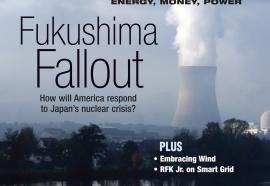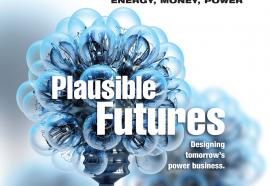The 40 Best Energy Companies
(September 2011) Our annual ranking tracks the publicly traded electric and gas companies that produce the greatest value for shareholders. Despite the year’s topsy-turvy financial markets, perennial performers like DPL, PPL and Exelon return to the top of the list. Others face looming cap-ex burdens as regulators impose new mandates and requirements. Leading companies are positioning for growth, despite a challenging landscape.







